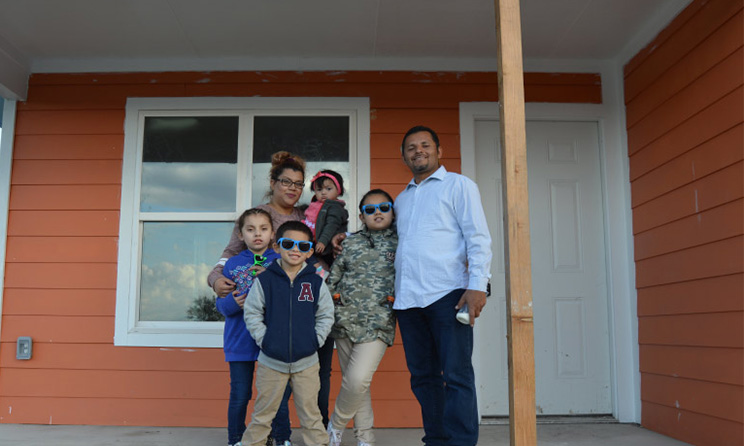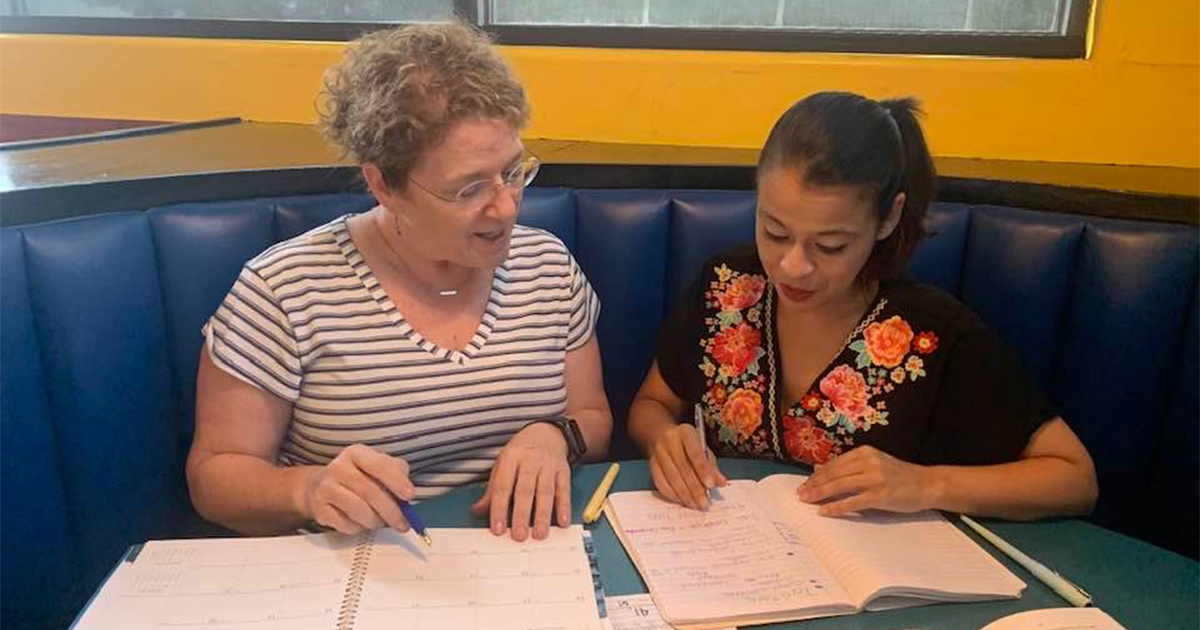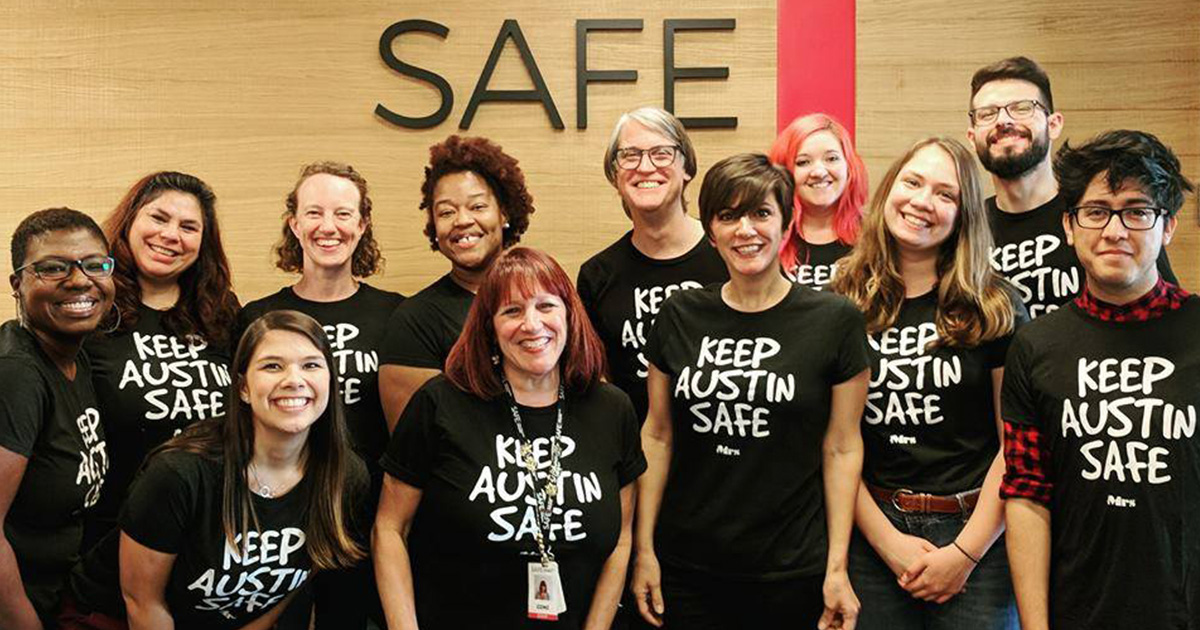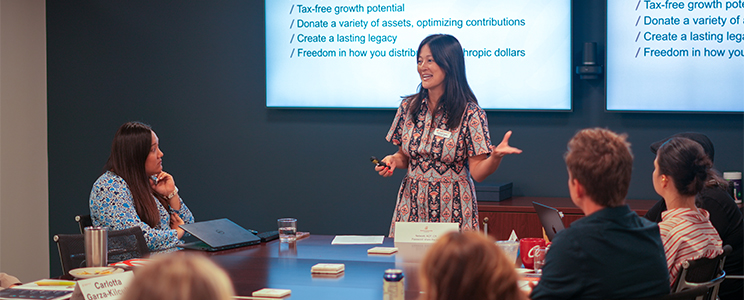On November 8, Austinites will head to the polls to determine the future of our city. The decisions at the ballot box will not only impact the leadership of our city but will also determine the ability to create more affordable housing for large swaths of the workforce.
According to recent reports, Austin is struggling to keep pace with 10-year affordable housing goals set forth by the City of Austin’s Strategic Housing Blueprint that called for adding 60,000 new homes by 2028. To achieve the goals, Austin will need to increase its rate of development of affordable homes significantly. The $350 million affordable housing general obligation bond proposition, referred to as Prop A, is one strategy to accelerate progress and not further risk undermining our city’s remarkable economic growth.

Why bonds?
General obligation bonds are a proven way for local governments to build important infrastructure and other community projects for the public good. Bonds make projects more affordable to taxpayers, and bonds help ensure that supported projects receive external matching funds from federal, state, and other sources. In this case, the bonds would allow the City of Austin to partner with local nonprofits, developers, and other organizations to provide affordable housing options to residents, prevent displacement by keeping neighbors in their homes, and improve the quality of life for all Austinites.
What are the economic impacts?
When voters hear “bond proposition,” they often ask: what will this cost me? It’s a reasonable question, especially during challenging economic times. If approved by voters, Prop A is estimated to cost the average Austin homeowner (with a home valued at valued around $448,000) just $3.88 per month, based on city estimates. That’s less than a latte at your neighborhood coffee shop!
Previous voter-approved housing bonds led to the construction of more than 4,300 affordable homes in our community and significantly contributed to our local economy. According to Housing Works, the bonds in 2013 and 2018 created nearly 7,500 construction jobs with $609 million in income and generated $1.08 billion in local economic impact. The houses built created 700 permanent jobs and have an ongoing impact of over $100 million annually.
But who would this help?

Credit: Austin Habitat for Humanity
The Austin City Council has prioritized funding projects with more units affordable to lower- and middle-income earners; 50% or less of the local median family income, or MFI, for rental programs and 80% MFI or less for ownership programs. That translates into an annual income between $55,000 and $88,000 for a family of four. The bonds would benefit numerous people and their families, like public educators, medical assistants, restaurant cooks, and servers, hospitality workers, senior citizens and their caretakers, and veterans living on fixed incomes.
The Council has also called for a focus on projects with permanent supportive housing units for those exiting homelessness and projects in high-opportunity areas and places at risk of gentrification. Permanent supportive housing targets chronically homeless individuals or those who have been homeless for more than a year and need services such as mental health, medical services or substance abuse care. A new 100-unit apartment complex under development in the Hancock neighborhood, known as Cady Lofts, is a recent example of this type of housing that Austin needs much more of to address the rise of unhoused individuals and families.
Why it matters?
ACF believes that affordable housing is a critical precondition for almost all of the outcomes we want to see for our region. Safe, stable, affordable housing provides multiple and long-lasting benefits for individuals and society. Access to affordable housing eases the burden on all the other safety net services that our nonprofit sector provides.
But how does philanthropy have a role in this?
Public funding can catalyze additional affordable housing developments by allowing other investment opportunities to flow into our community. The philanthropic and private sectors can leverage public dollars to fill financing gaps, allowing projects to increase in both speed and scale. And that’s exactly what ACF has done in recent months by providing bridge financing to Austin Habitat for Humanity and other community developers.
In short, Austin Community Foundation supports the City of Austin’s housing bond proposition on the November 8 ballot. It’s one step toward keeping our city a thriving, vibrant community for everyone. We hope you’ll join us in the effort to create and maintain housing affordability for all of Austin.


